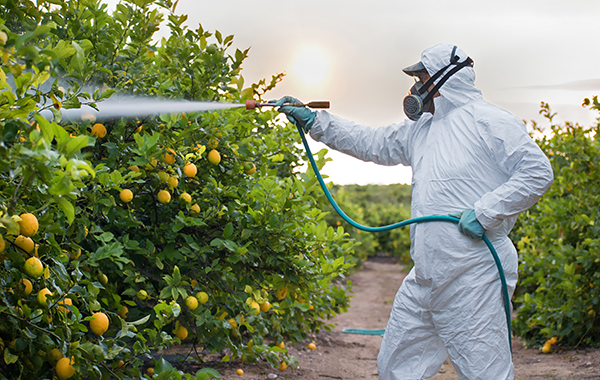
The July study from The European Federation for Transport and Environment, a sustainable transport campaigner, revealed that at least 63 cruise ships owned by parent company Carnival Corporation emitted 43 percent more sulfur oxides, a group of harmful air pollutants, than all the 291 million cars in Europe in 2022.
The statistic is jarring, but it also points to a noteworthy decrease from several years ago, when the organization revealed that ships owned by Carnival Corporation that visited European ports in 2017 emitted 10 times more sulfur oxides compared to all of Europe's cars.
The decrease is mostly due to a 2020 rule from the International Maritime Organization (IMO) that lowered the sulfur content limit of ship fuel from 3.5 percent to only 0.5 percent.
While the IMO rule reduced the sulfur emissions of individual ships, it didn't enforce any measures to efficiently limit the increasing number of cruise ships in recent years.
The report also revealed that compared to 2019, cruise ships spent more time in 2022 at European ports and consumed more fuel. This resulted in cruise ships overall emitting nine percent more sulfur oxides than in 2017.
Cruise ship emissions harm both human health and air quality
Experts are concerned about sulfur oxides because they are released into the atmosphere. These pollutants can harm both human health and air quality. (Related: California “Greenies” ban gas furnaces, water heaters in pursuit of zero carbon emissions.)
Sulfur oxides can exacerbate respiratory illnesses such as asthma and have been linked to the formation of acid rain. According to a 2016 study, enforcing sulfur regulations would help prevent at least 570,000 premature deaths worldwide.
Poor air quality is considered a major global health hazard. The World Health Organization (WHO) reports that an estimated 4.2 million people die due to air pollution each year.
Like vehicle exhaust tanks that emit toxic waste fumes, cruise ships’ engines also emit polluted air. According to research, the air on the aft areas of cruise ships is as polluted as the air in large cities like Beijing, China, which is rife with particulate matter.
Particulate matter is a mixture of solid particles (e.g., dust, dirt or smoke) and liquid droplets in the air that are so small they can easily be inhaled by humans. Particles smaller than 10 micrometers in diameter can get into the bloodstream or deep into the lungs and cause serious health issues.
According to the U.S. Environmental Protection Agency, exposure to such small particles has been linked to premature death in people with heart or lung disease, nonfatal heart attacks, aggravated asthma, decreased lung function and increased respiratory symptoms (i.e., irritation of the airways, coughing or difficulty breathing).
In 2017, Carnival-owned cruise line Princess was also fined a record-breaking $40 million after pleading guilty to purposely discarding oil-contaminated waste into the ocean and intentionally hiding traces of the violation. The line was also slapped with an additional $20 million fine for violating the terms of its probation.
Oil pollution from the shipping industry is considered the main reason for increased marine pollution.
Cruise ships are much larger compared to other vessels and burn more heavy fuel oil, one of the dirtiest fuels on the market. This oil contains dangerous levels of sulfur and heavy metals.
Data suggests that, on average, cruise ships use at least 150 tons of heavy fuel oil every day. With the bilge oil mixing with ocean water, the use of heavy fuel oil harms many marine animals.
Faulty engine systems and faulty repair work could also result in oil leaking and mixing with oceanic water.
Visit Pollution.news for more updates on pollution causes and solutions.
Watch the video below to learn how wildfires are affecting air quality in the United States.
This video is from the Evolutionary Energy Arts channel on Brighteon.com.
More related stories:
Top scientist says globalist left’s ‘net zero’ emissions agenda will destroy modern civilization.
Sources include:
Please contact us for more information.






















